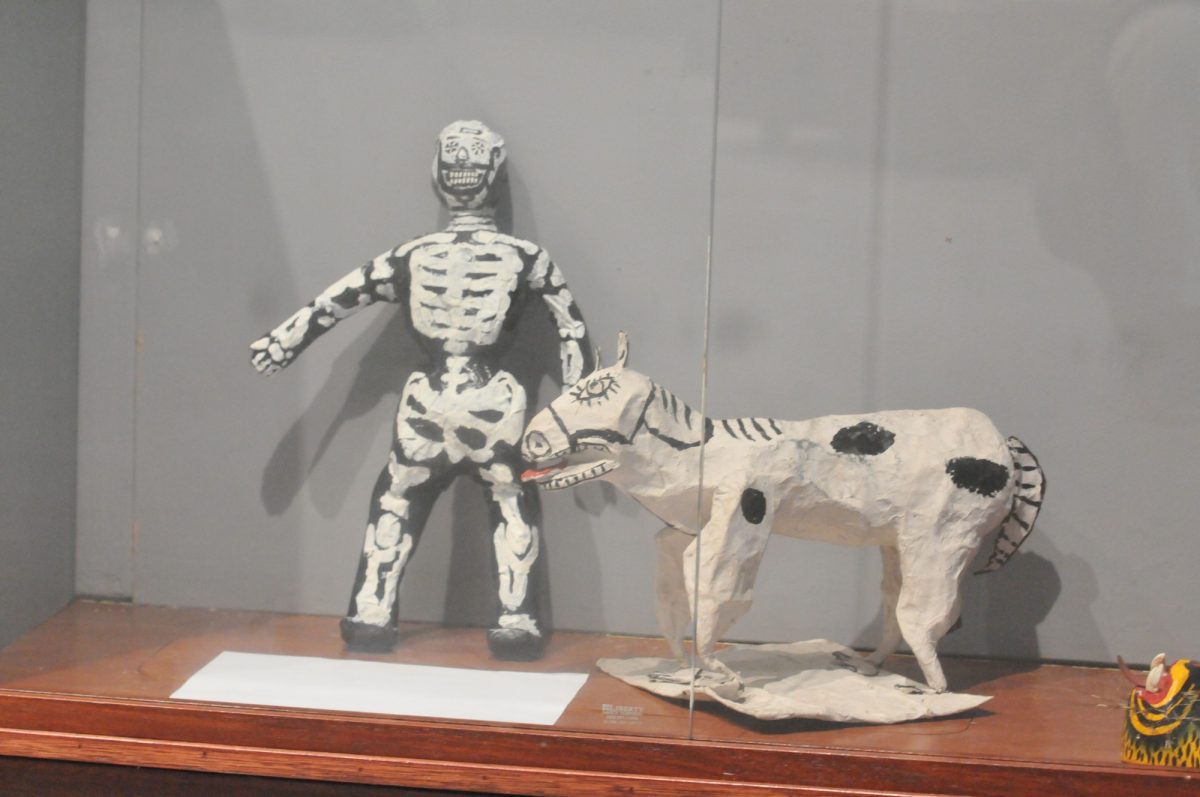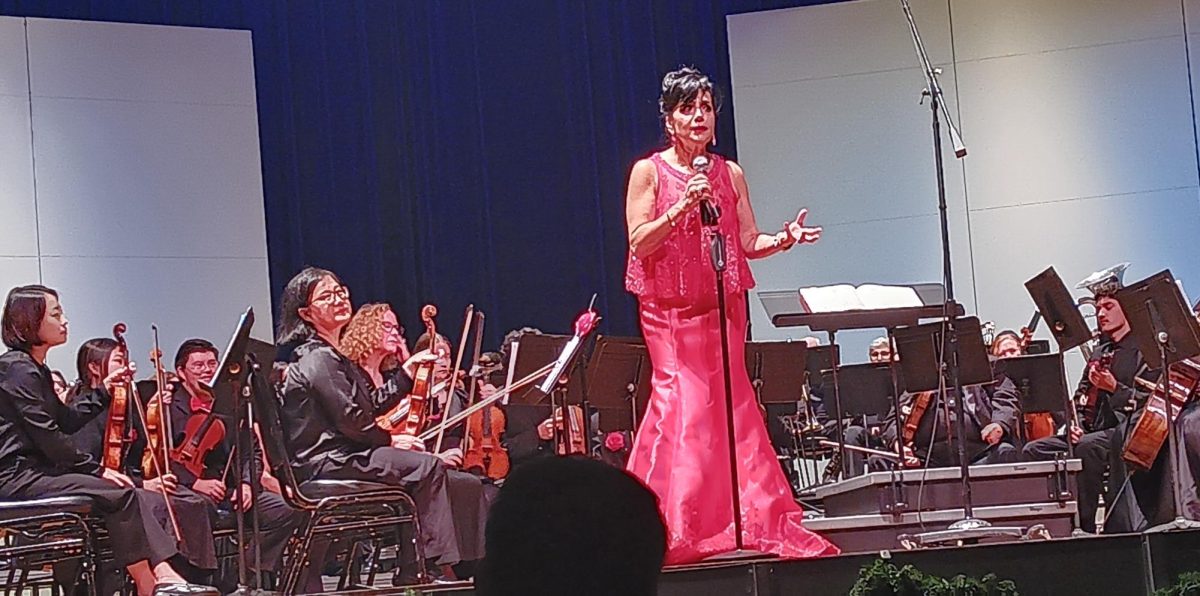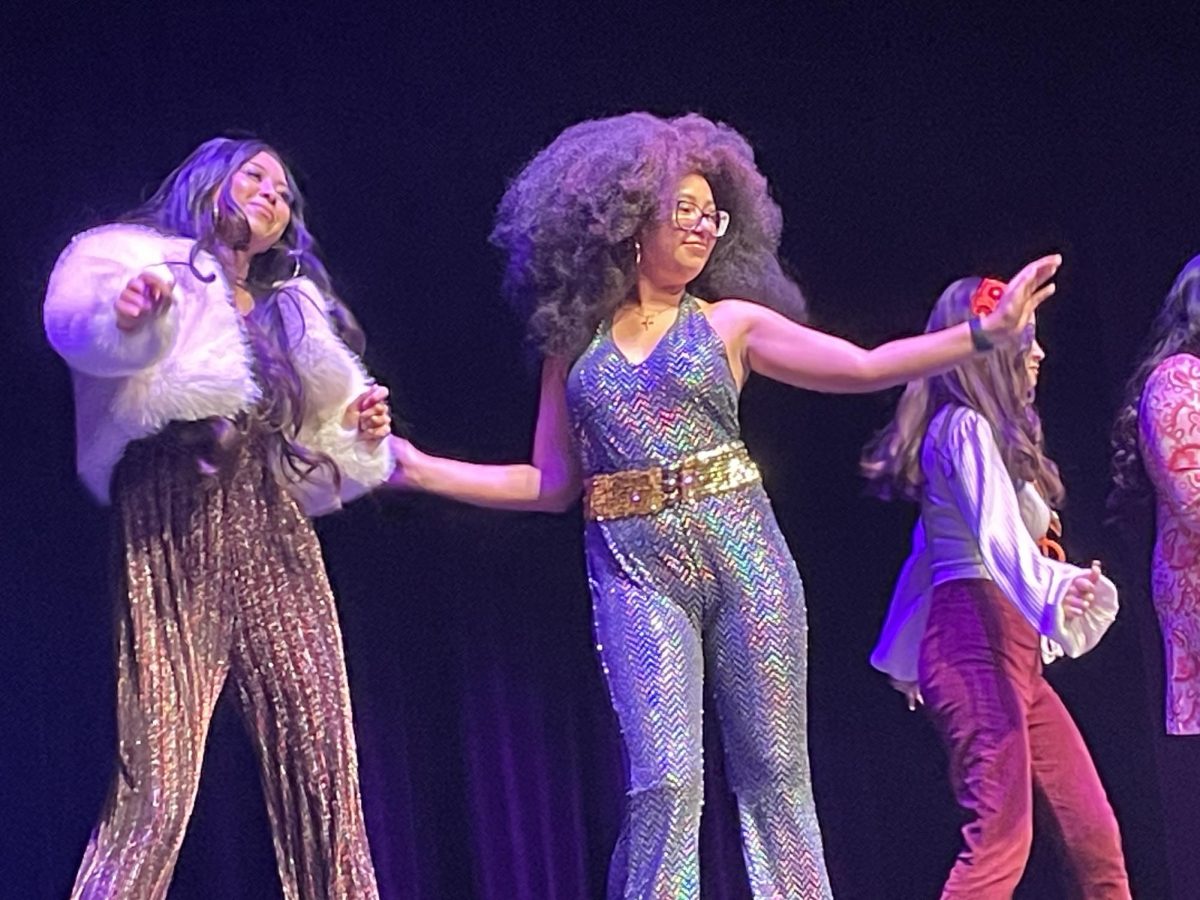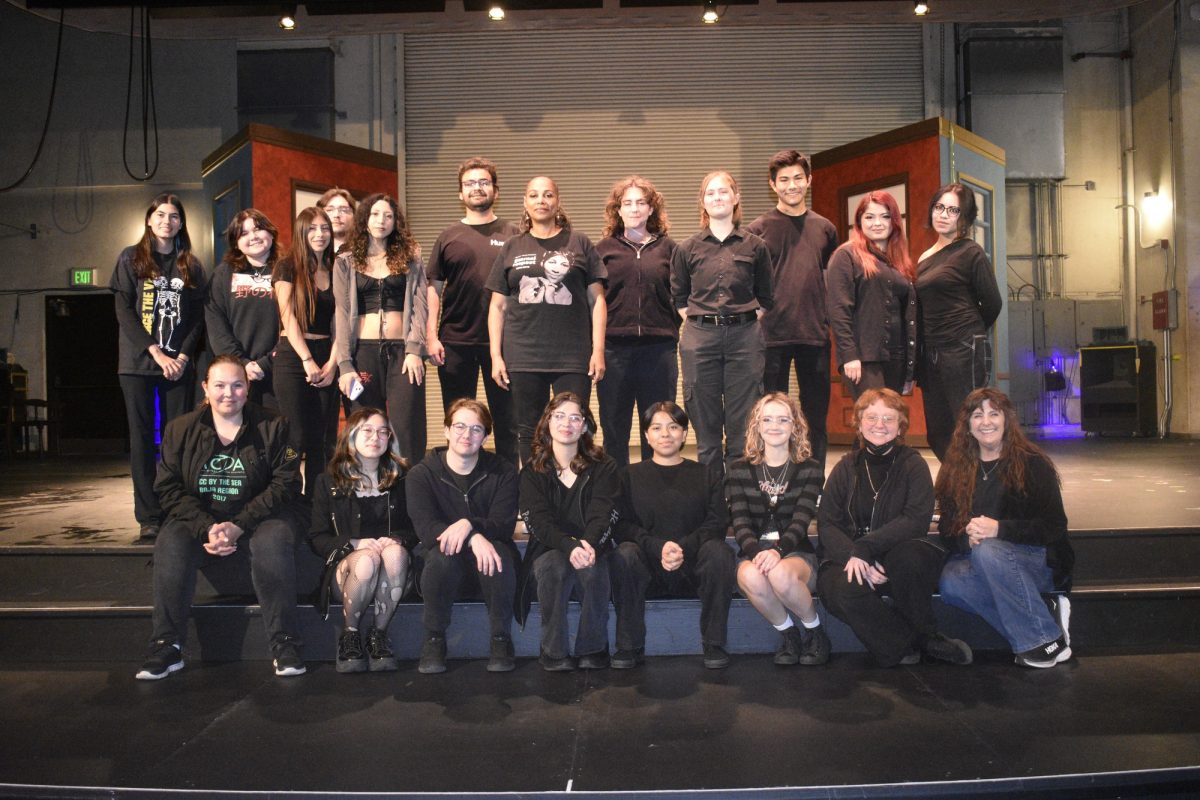Even with the buzz of gender and race surrounding the upcoming election, people remain passive and apathetic toward voting.
“A lot of (students) feel their vote doesn’t count. A lot of them are disillusioned with politicians and they don’t feel a connection,” Eduardo Munoz, political science professor said. “They feel that the politicians don’t speak to them about the issues they care about; it doesn’t translate to them going out and taking the time to vote.”
Although citizens, who endure the positive and negative aspects of society, are better suited to make some of the most important societal decisions, politicians end up having the final say.
Business goes on as usual and decisions are usually made without knowledge of what American citizens want.
“I was apathetic until things started going on with the war, with the economy and our recession,” Jania Ortiz, 21 biochemistry major, said. “You don’t want the state to end up like back in the day. You want things to change.”
Still, others feel that voting solves nothing.
“I’m going to vote. I voted for the last one in ’04; it didn’t really do any good,” Jonathan Bradley, 28, journalism major, said. “Since they give me the right to do it, I do it anyways.”
Aside from feeling like their voices are not heard in the political processes, most EC students feel that voting simply does not make a difference.
“I don’t think that an individual vote would actually make a difference in anything, especially something as big as the presidential election,” Bradley said. “In the 2000 election people knew that George Bush cheated to get into office. People see that even when they put their votes in, (the electoral college) still tampers with it; so why even vote?”
Whether or not votes are counted justly or do not count, students realize how deeply entrenched money, status and persuasion are in America’s political system.
“We’ll be good if they make sure that McCain doesn’t have any kind of side-tracks to pull him, because he has all the same support that Bush had,” Bradley said. “If they gave him two terms, McCain damned sure has a chance to get at least one.”
In the end, are students really careless individuals who are without worries about their futures?
Perhaps some may feel this way, most are probably just too pessimistic to consider their voice as potential voters.
“I think it’s cool today to say, ‘I’m above it, I don’t need to be a part of it,'” Arthur Verge, history professor, said
The divide between active, enthused individuals and apathetic individuals will always be drawn as long as politicians continue play a major role in American governmental decisions
“Maybe we do care, we’re just too lazy to do something about it,” Koby Kikac, 15, undecided major, said.
There is potential for apathy to be eliminated, although a break in the clouds seems far from realization anytime soon.
“People need assurance that their vote is going to count for something not, and is just a piece of paper with your name on it,” Bradley said.






